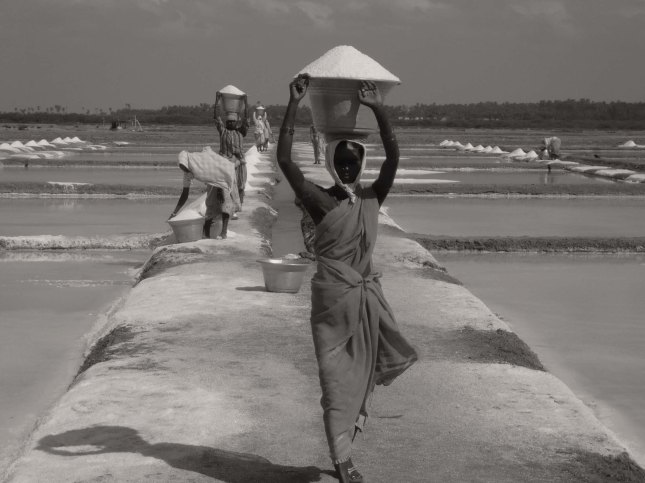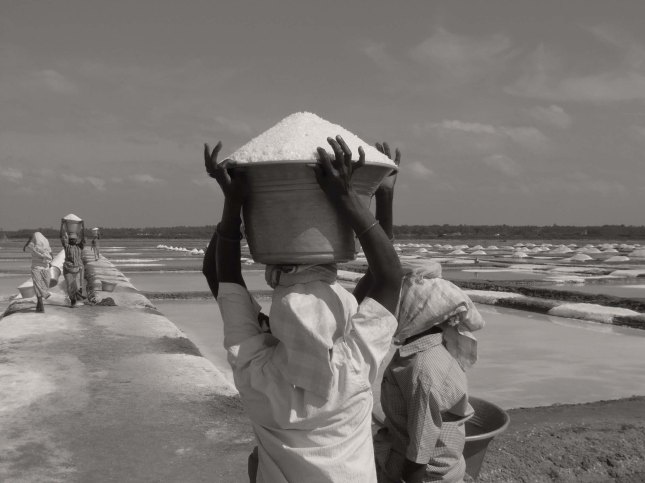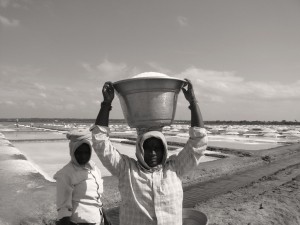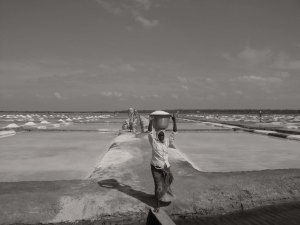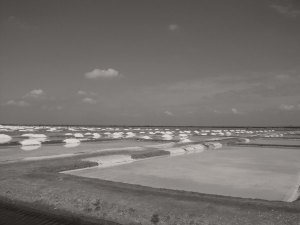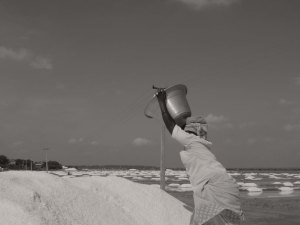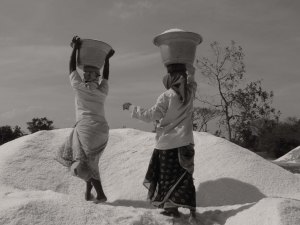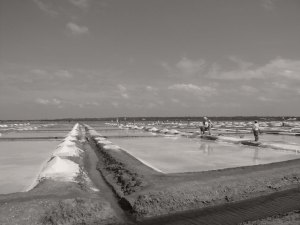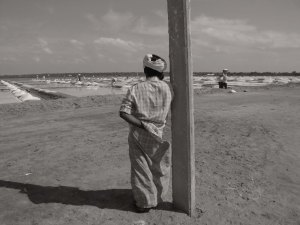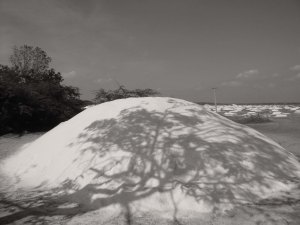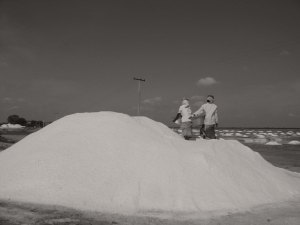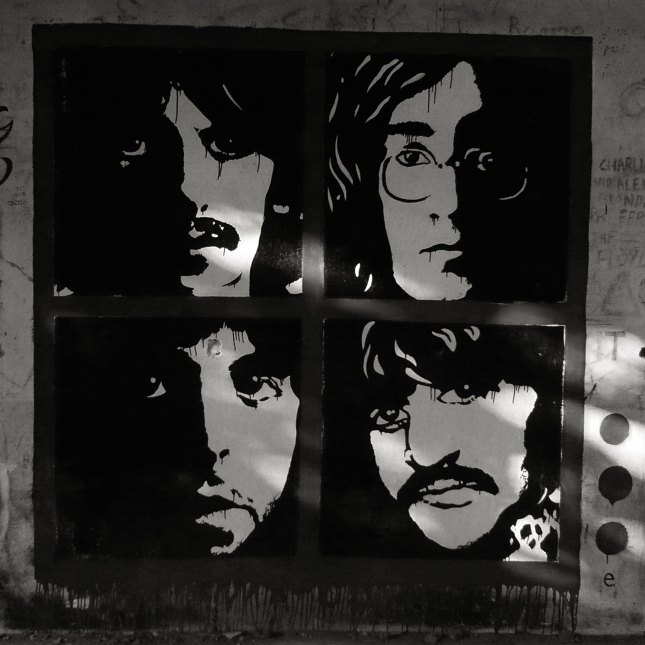Tag Archives: Ekalokam Collective
Abandoned
THE BEATLES IN RISHIKESH
“Imagine”
It’s easy if you try
No hell below us
Above us only sky
Imagine all the people
Living for today…Imagine there’s no countries
It isn’t hard to do
Nothing to kill or die for
And no religion too
Imagine all the people
Living life in peace…
You may say I’m a dreamer
But I’m not the only one
I hope someday you’ll join us
And the world will be as one
Imagine no possessions
I wonder if you can
No need for greed or hunger
A brotherhood of man
Imagine all the people
Sharing all the world…
You may say I’m a dreamer
But I’m not the only one
I hope someday you’ll join us
And the world will live as one
In the year 2012, I had taken a road trip to Himalayas and on the way back I went to Rishikesh. The off season rain and cold didn’t stop my explorations. As a lover of Beatles, I wanted to visit the Ashram that the Beatles had stayed. The Beatles visited Rishikesh in India, in February, 1968 to attend an advanced Transcendental Meditation ( TM ) training session, at the ashram of Maharishi Mahesh Yogi. Amidst widespread media attention, their stay at the ashram was one of the band’s most productive periods. Their adoption of the Maharishi as their guru is credited by some as changing attitudes in the West about Indian spirituality and encouraging the study of Transcendental Meditation. The Beatles had first met the Maharishi in London in August, 1967 and then attended a seminar in Bangor, Wales. Although this seminar in Wales was planned to be a 10-day session, their stay was cut short by the death of their manager, Brian Epstein. Wanting to learn more, they kept in contact with the Maharishi and planned to attend his ashram in October, but their trip was rescheduled due to other commitments. The Beatles arrived there in February, 1968 along with their partners, girlfriends, assistants and numerous reporters, joining at least 60 other TM students, including musicians, Donovan, Mike Love of the Beach Boys and flautist Paul Horn. While there, Lennon, McCartney and Harrison wrote many songs ( Ringo Starr wrote one ), of which eighteen were later recorded for The Beatles ( White Album ), two for Abbey Road and others for solo works.
One fine morning, during my morning walks, I searched for the ashram and unknowingly, I had to walk more than ten kms. Shivering in the cold, I found the ashram, now abandoned…. I bribed the guard to enter the ashram. It was abandoned in 1997 and is now back under the control of the forest department but the shells of many buildings, meditation cells and lecture halls can still be seen, including Maharishi’s own house and the guest house where the Beatles stayed.. The Maharishi’s compound is across from River Ganga, located in the holy “Valley of the Saints” in the foothills of the Himalayas. The forest undergrowth is what’s left of the original Maharishi Mahesh Yogi Ashram.
Ekalokam collective, a firm set-up to merchandise art in every day life has published a photo-notebook titled ‘the Beatles in Rishikesh’. The Beatles in Rishikesh has been exhibited by Apparao Galleries and United Art Fair II curated by noted photographer and art curator, Ram Rahman.
21st October 2014
Abul Kalam Azad
(C) All rights reserved. All the images published in this blog is copyrighted property of contemporary Indian photographer Abul Kalam Azad. Text transcribed by TSL Nadar. Reprinting / publishing rights reserved by the author and prior permission is required for reproduction / re-publishing, For more information call {0}4175 237405 / {0}94879 56405 or mail to ekalokam@gmail.com / FACEBOOK – Abul Kalam Azad
